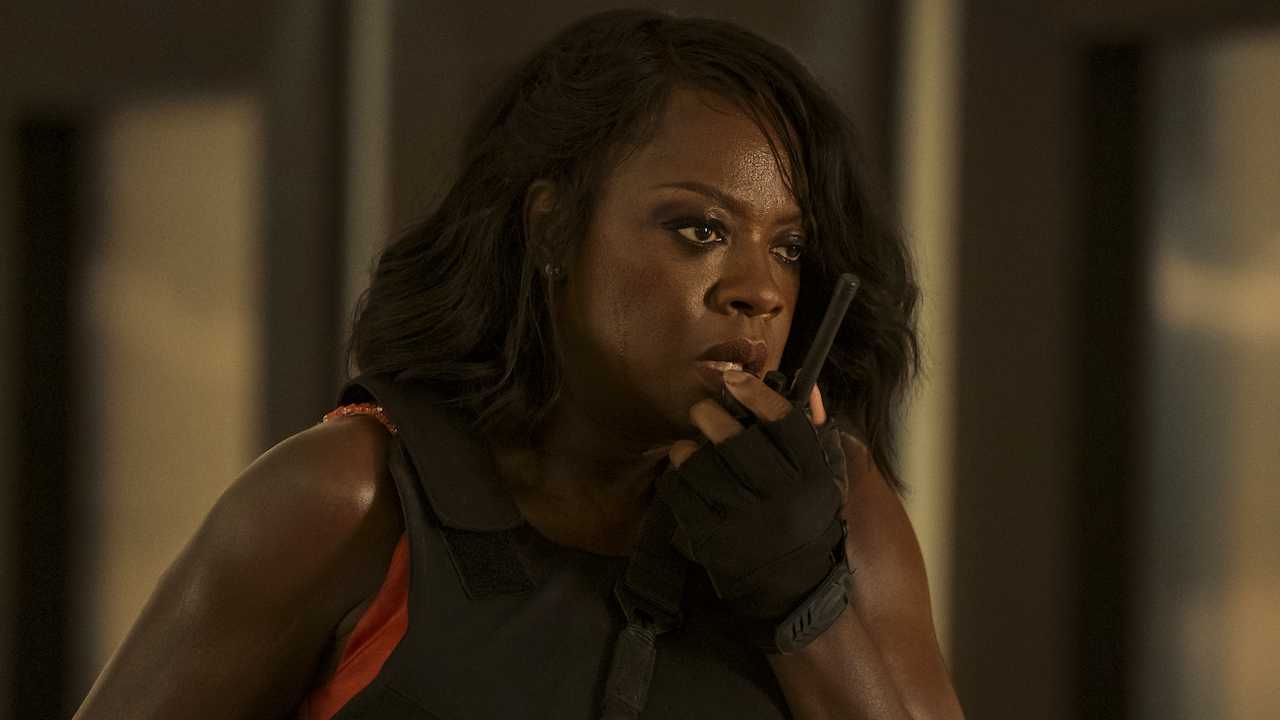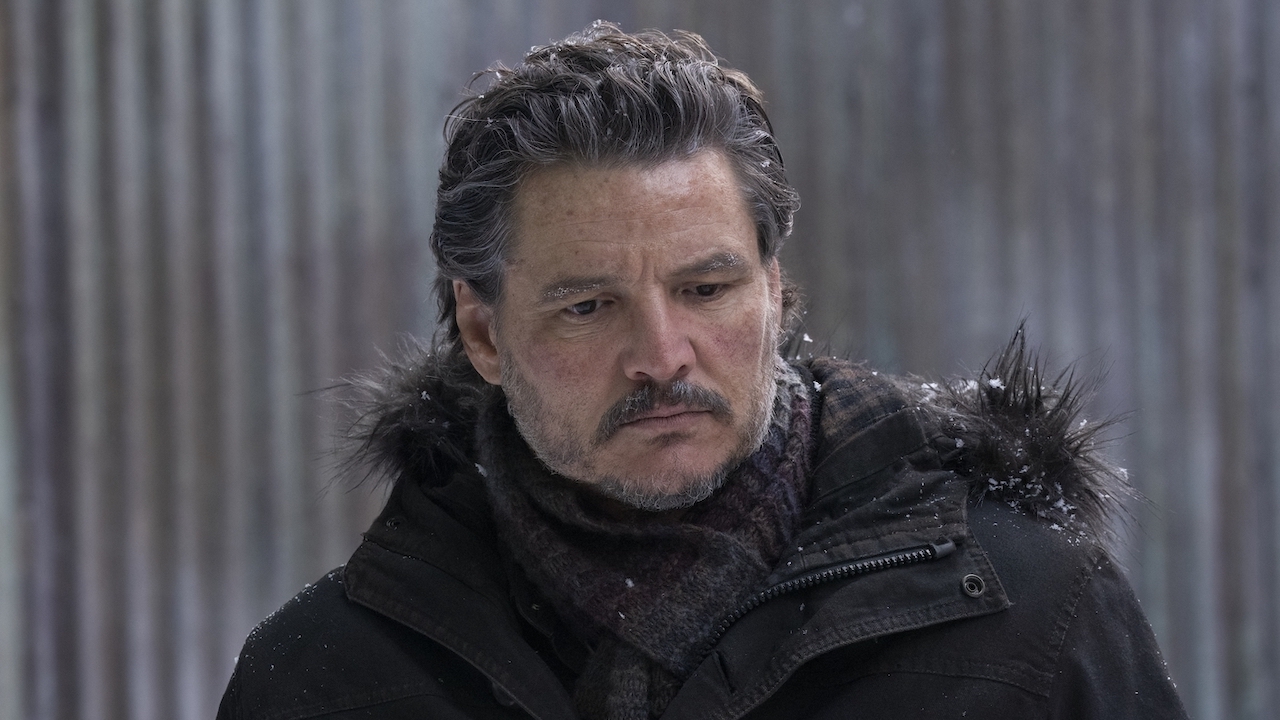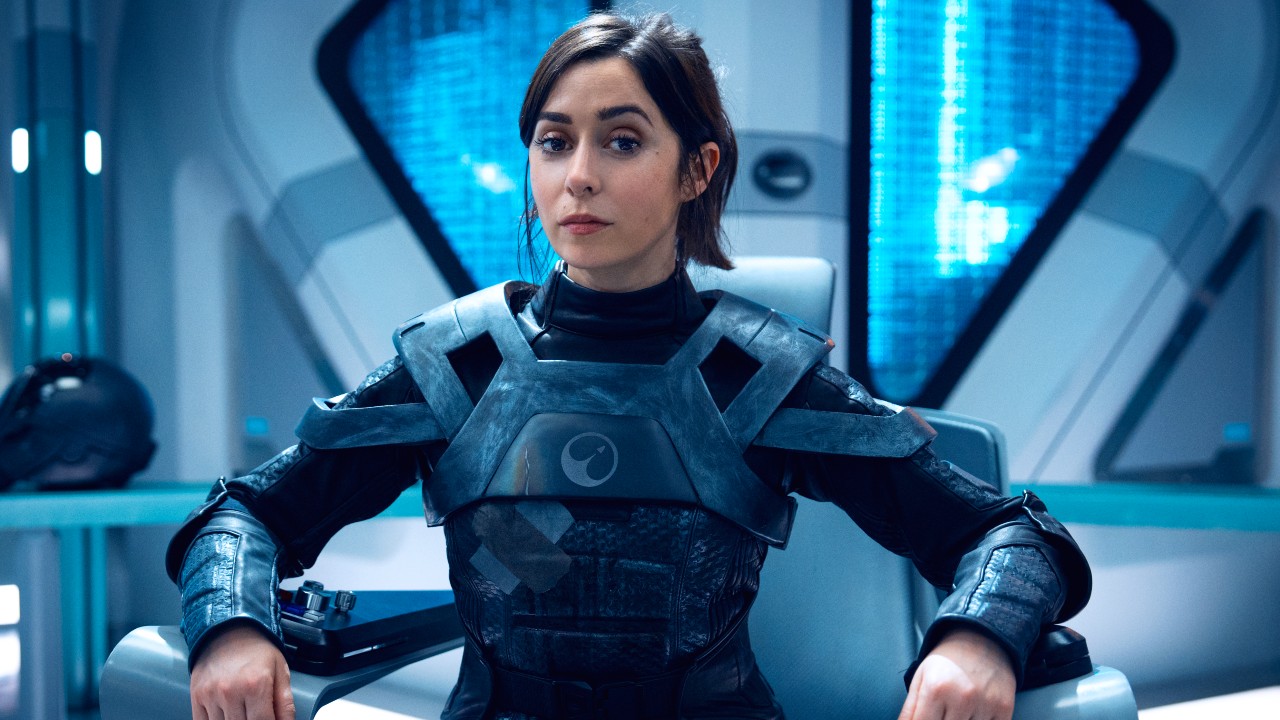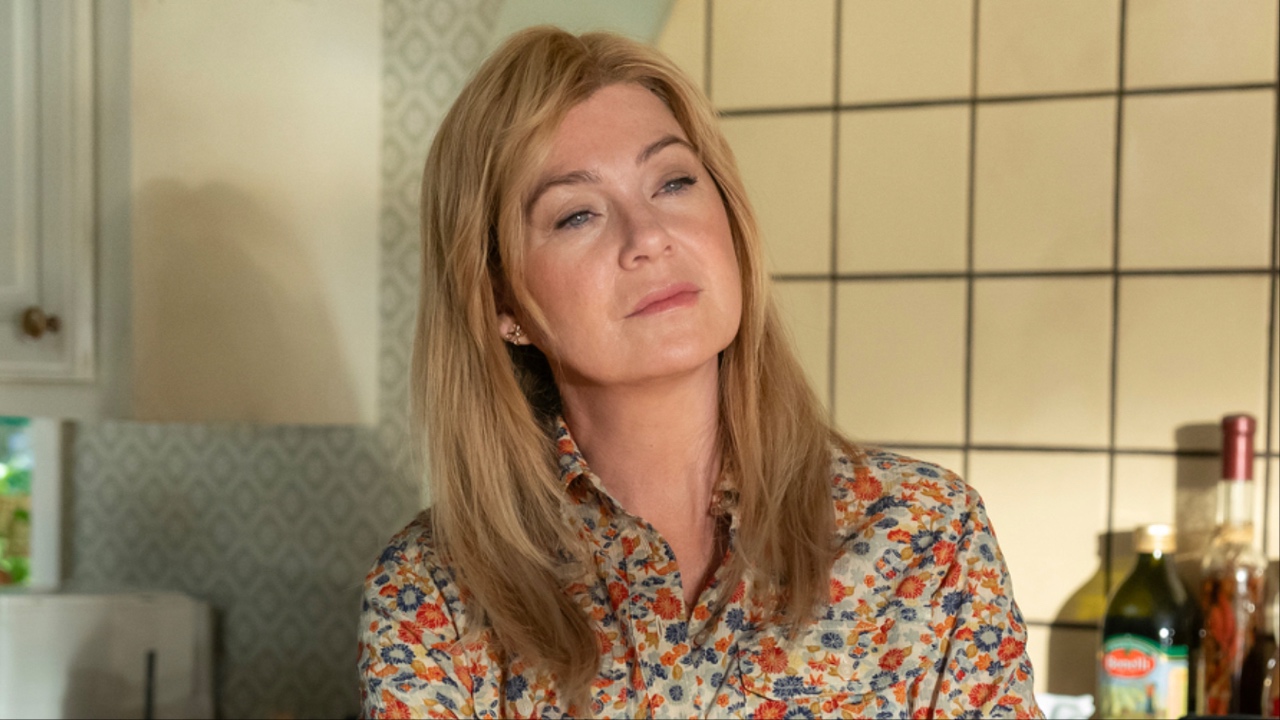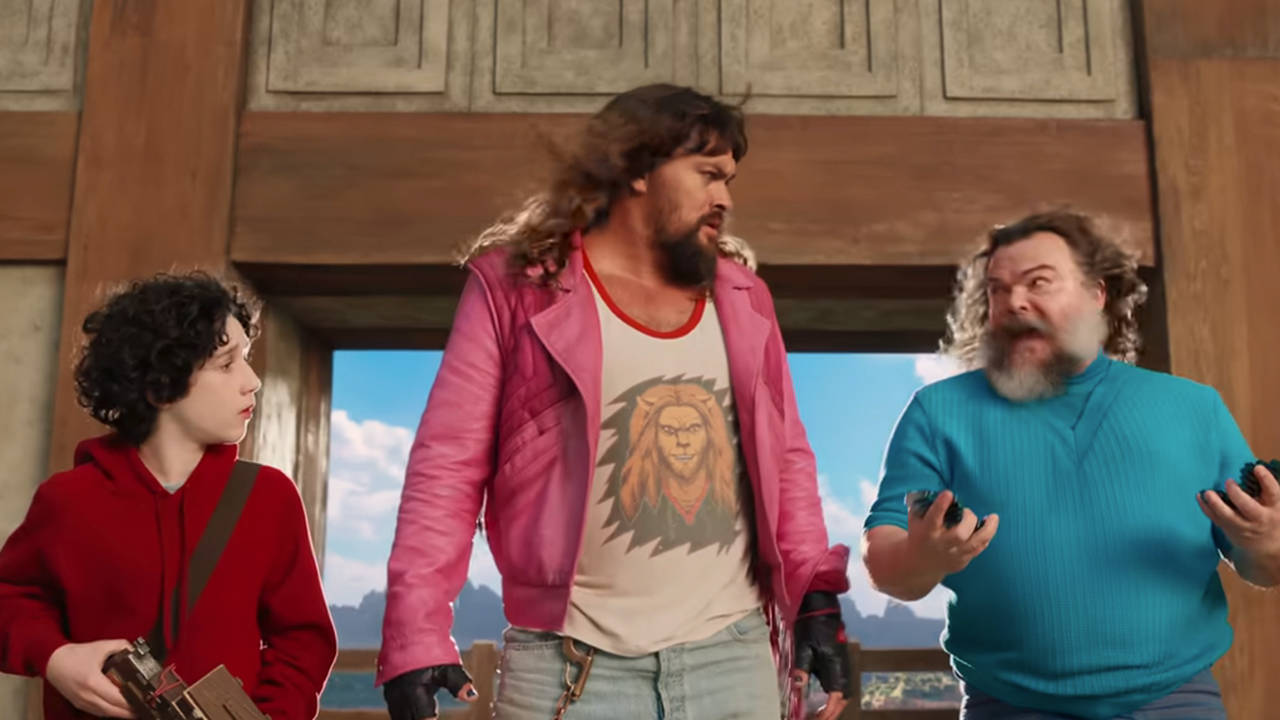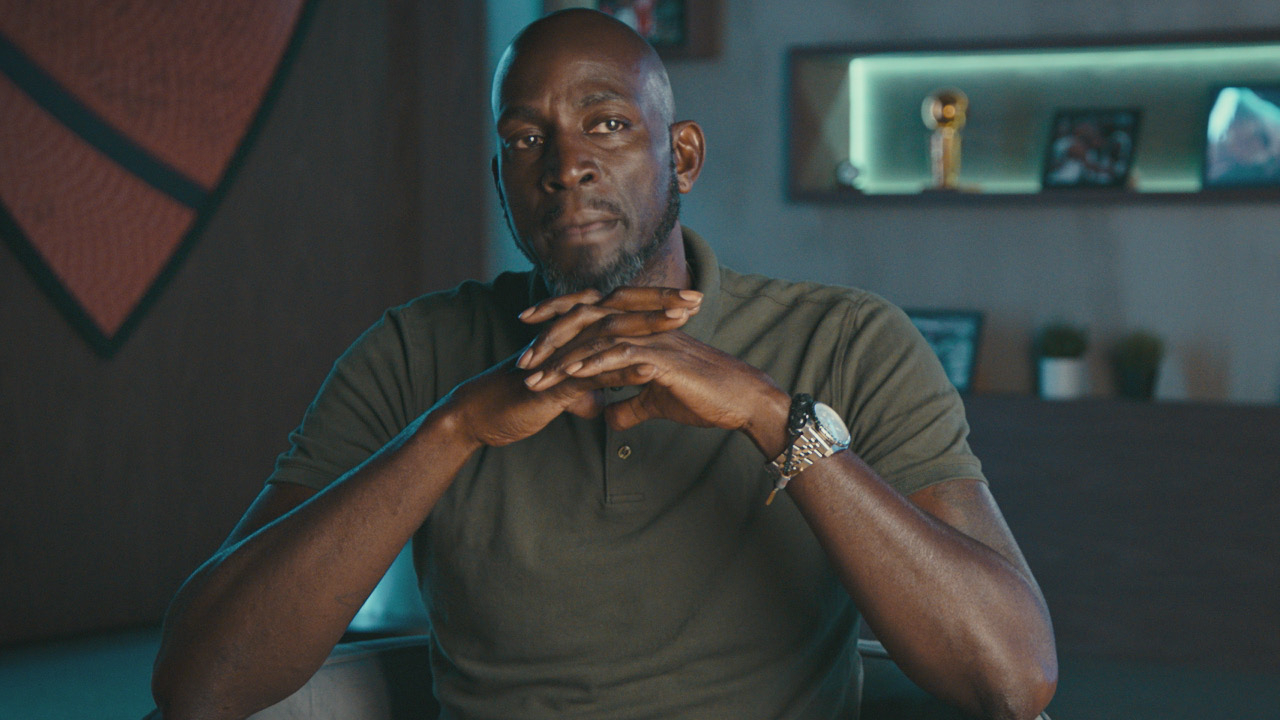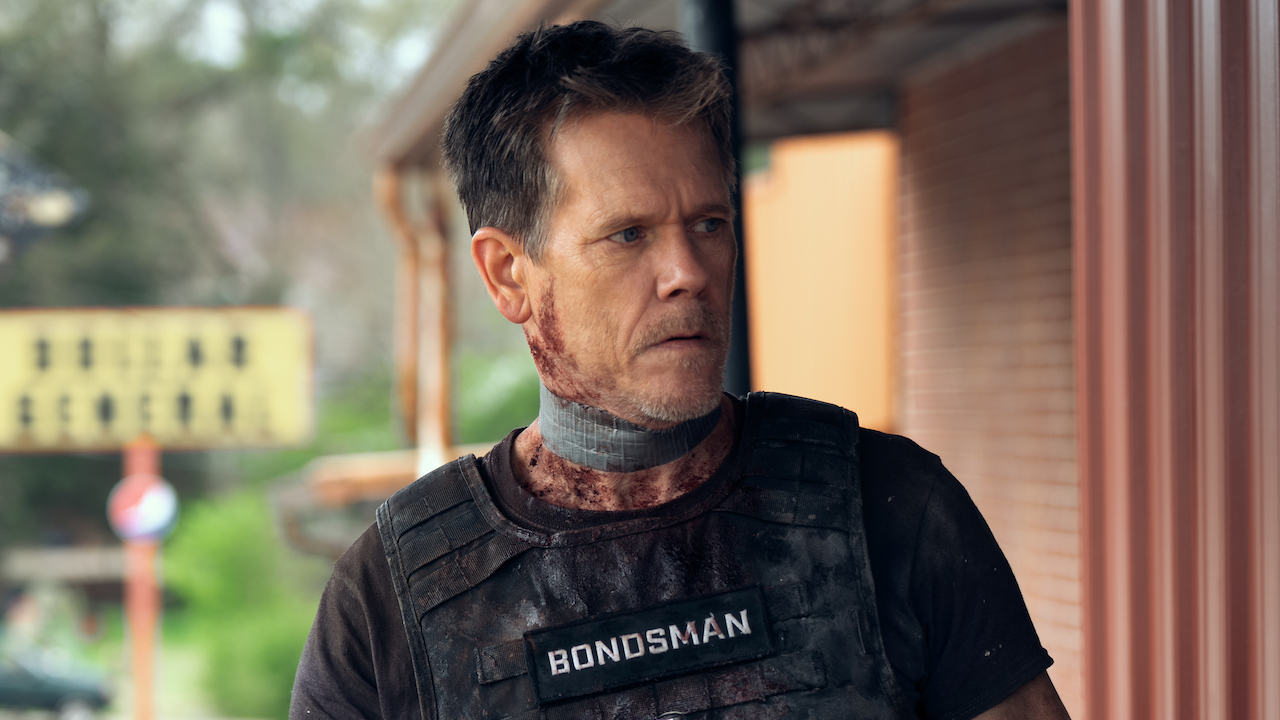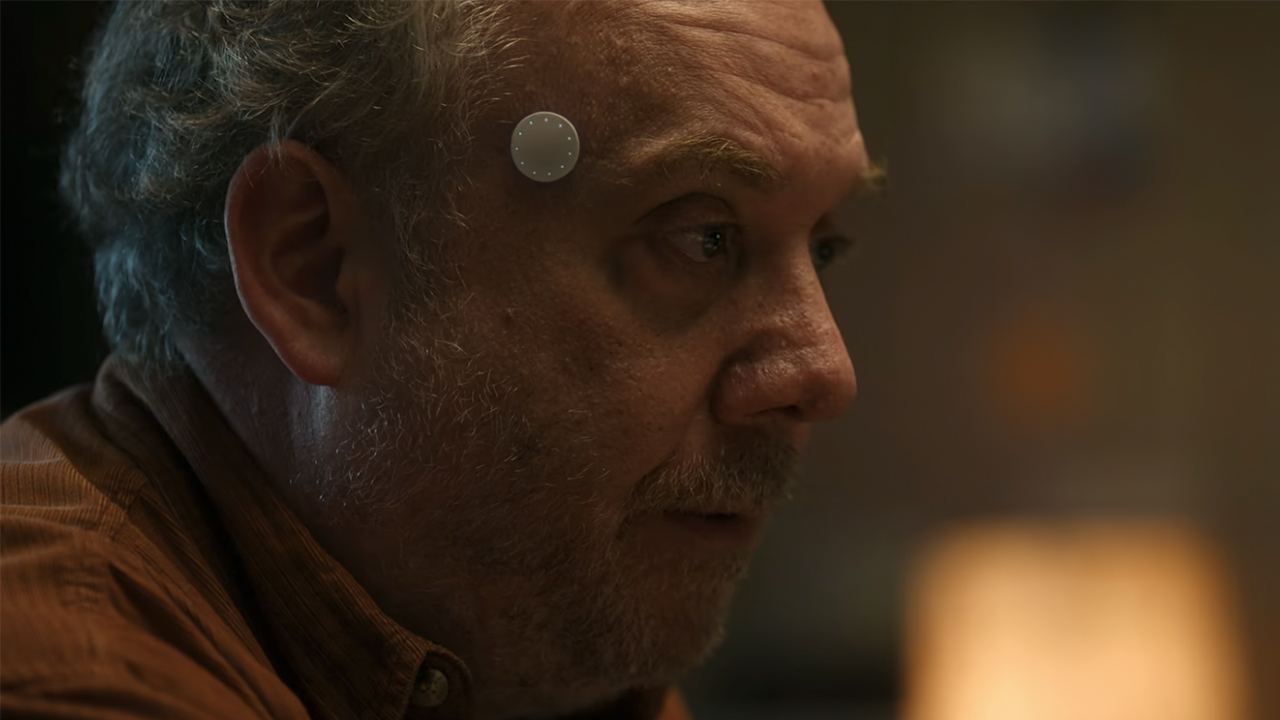Conclave Ending Explained: Breaking Down The Shocking Twist And What Director Edward Berger Has To Say About It
We have to talk about this.
Spoiler Warning! The following article contains major spoilers for the Conclave ending. If you have yet to see Edward Berger’s papal thriller and don’t want the masterful twist ruined, please come back later.
Every now and then, a movie comes around with an ending so shocking and so brilliant you can’t help but audibly gasp in the theater. That is very much the case for the Conclave ending, Edward Berger’s follow-up to his traumatizing and mesmerizing Academy Award-winning All Quiet on the Western Front. Easily one of the best releases on the 2024 movie schedule, as noted in CinemaBlend’s five-star review, this complex, biting, and thoughtful drama about the death of a pope and the election to pick the next leader of the Catholic Church is an absolute tour de force.
And that’s even before the final moments that lead to what can best be described as one of the most shocking endings of all time.
Speaking of which… If you’ve seen what will surely be a major awards contender in the coming months and want to have a better understanding of the ending and find out what the director had to say about that earth-shattering revelation, stick around because we’re about to break down Conclave.
But seriously, if you’ve yet to watch Conclave, please turn back now…
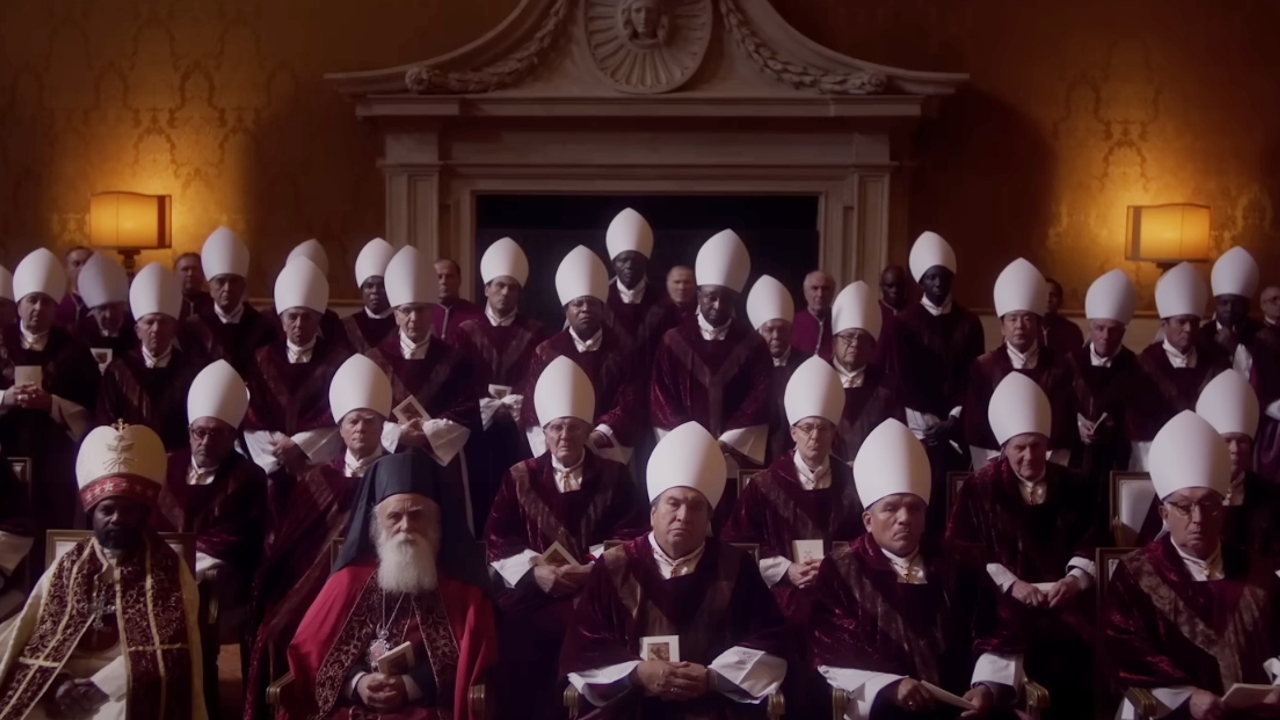
What Happens The Conclave Ending?
In Conclave, Cardinal Lawrence (Ralph Fiennes) is tasked with organizing the election of the successor to the recently deceased pope, which proves to be no easy task due to the strange circumstances of the sudden death of the Catholic Church’s leader and all the political infighting for control of the Holy See.
At times, as shown in the Conclave trailer, it seems like the more liberal Cardinal Bellini (Stanley Tucci) or Cardinal Tremblay (John Lithgow) will be the next pope, while at other more conservative and controversial figures like Cardinal Tedesco (Sergio Castelitto) or Cardinal Adeyemi (Lucian Msamati) will garner the required votes. However, in the end, Cardinal Benitez (Carlos Diehz), a Mexican senior member of the clergy stationed in Kabul, Afghanistan, who appeared just before the start of the conclave, ends up becoming the next Pope Innocent.
CINEMABLEND NEWSLETTER
Your Daily Blend of Entertainment News
So, why is that so shocking? Is it because Cardinal Benitez is the first pope-elect from North America or because the senior official is stationed in the Middle East (a point of contention throughout the movie)? No, as it is discovered through an investigation into Benitez, carried out by Monsignor Raymond O'Malley (Brian F. O’Byrne) for Cardinal Lawrence, that Benitez is intersex.
Moments before Benetiz is to be introduced as Pope Innocent before St. Peter’s Square, Lawrence confronts the pope-elect about the revelation to which they respond by saying they discovered late in life that they were born with both male and female reproductive parts. Though visibly torn by the discovery and ramifications, Lawrence does nothing to prevent Benetiz from ascending to the top of the Catholic Church before the screen turns black and the credits roll.
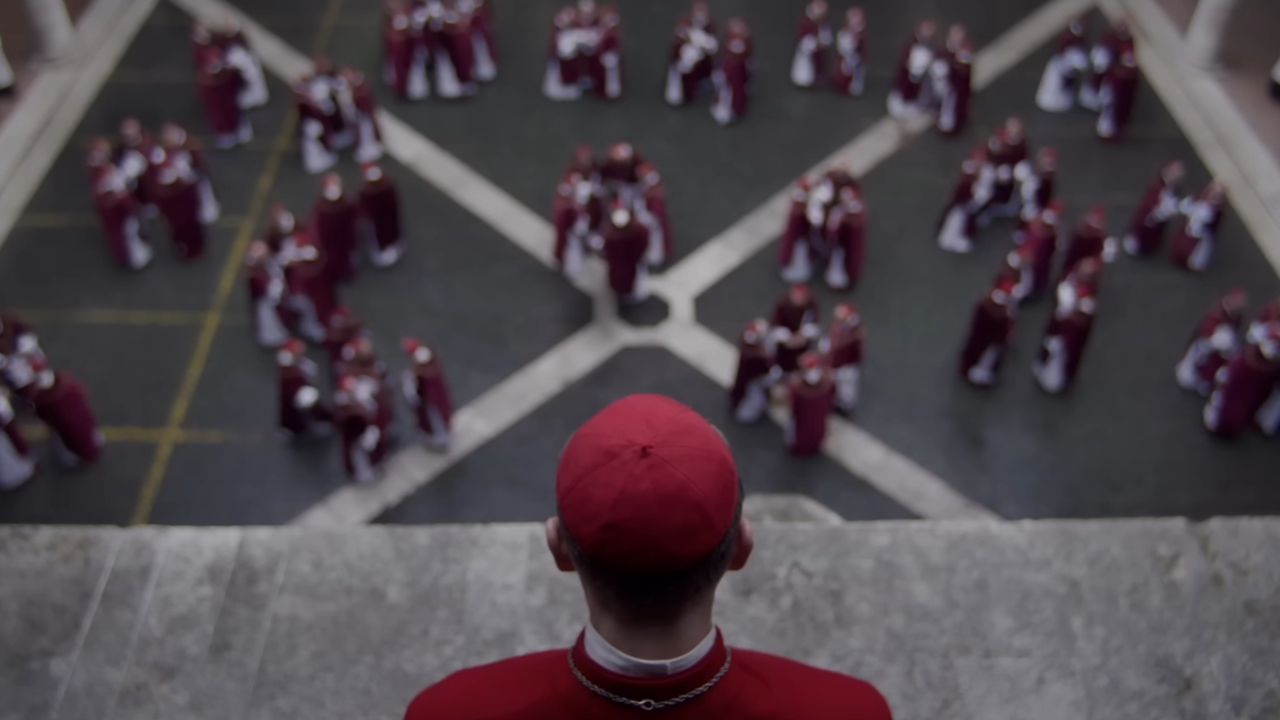
Conclave Is About A Patriarchal Institution At A Crossroads
If anything, Conclave, which has been one of the most anticipated book-to-screen adaptations in quite some time, is a movie about a patriarchal institution at a major crossroads. Throughout the movie, the cardinals from the respective right and left wings of the church are not just in disagreement with their counterparts about the direction of the Church (and society as a whole), but instead at war with one another over their differing political and societal philosophies.
And that’s what makes Conclave such an interesting movie with a brilliant ending. For millennia, the Catholic Church has been led by men, who no matter how liberal or conservative they may appear to be, want to keep the institution intact and the way it has always been to a certain extent.
In addition to being the driver at the wheel of the bus coming to the crossroads, Cardinal Lawrence also finds himself at a personal inflection point as he fights a personal battle to stick to his guns and offer his resignation or fall for the temptation of becoming the next pope. However, that becomes a moot point upon the election of Pope Innocent.
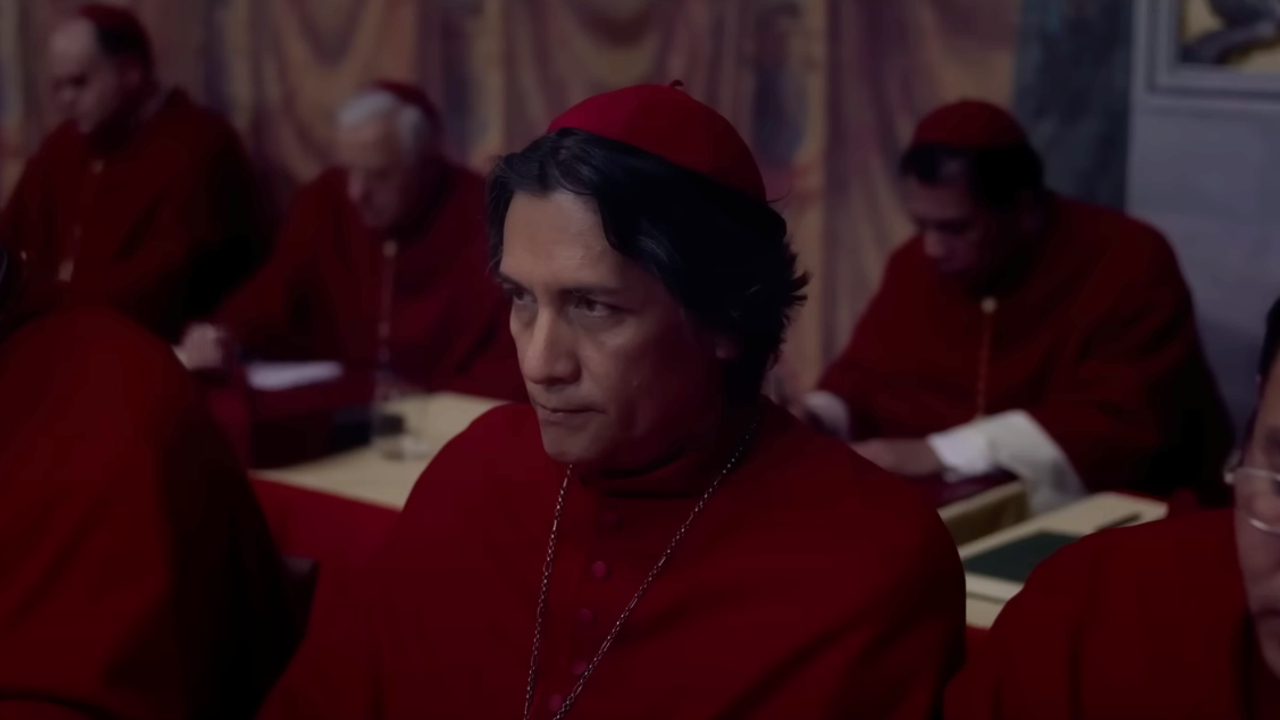
Why Cardinal Benitez's Papal Election Is Such A Radical Choice
The idea of an intergender person becoming the leader of the Catholic Church is a very radical and forward-thinking scenario, especially in an institution that has traditionally been ruled by men and also distanced itself from gender and sexual identity issues. And that’s what makes the Conclave ending and Cardinal Benitez’s papal election so shocking.
Sure, if anyone besides Cardinal Lawrence knew the truth, the election would cause all kinds of issues within the Church, but that makes the situation so intriguing. Going back to an earlier point, Lawrence is left in a position where he can protect the institution while also letting someone well-deserving of the position lead it in a new direction or exposing the truth and potentially bringing about a great schism in the faith.
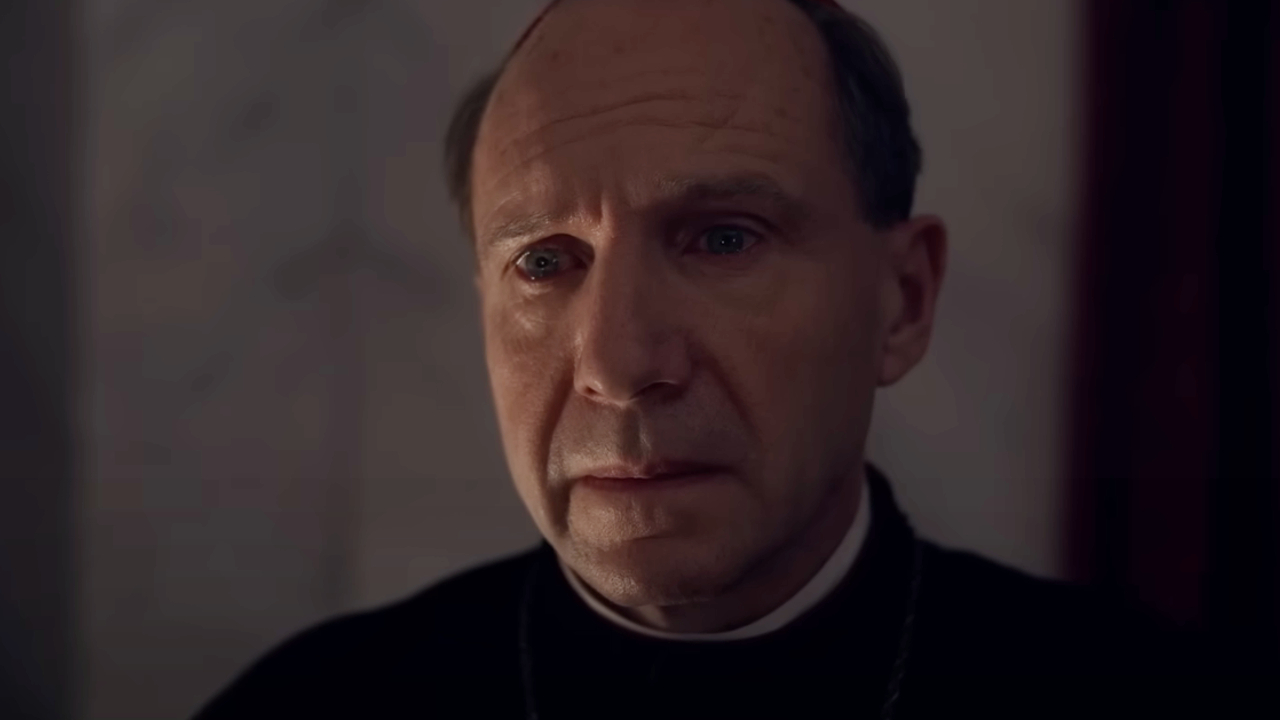
What Director Edward Berger About Cardinal Lawrence's Decision At The End
Ahead of the Conclave theatrical release, director Edward Berger sat down for an interview with CinemaBlend’s Eric Eisenberg, where he addressed the film’s ending and where Cardinal Lawrence was left after uncovering the truth about Cardinal Benitez. When it came to the cardinal looking through the cracks of the institution caused by political fractions and factions fighting each other (as well as the physical holes in the Sistine Chapel caused by a terrorist attack), Berger said:
We're witnessing one of the oldest, or the oldest, patriarchal institutions in the world, and at the end, that institution has a crack in it and [Cardinal Lawrence] looks through it and sees the future. And I think he sort of accepts it. And the future is maybe not just male. It has a feminine laughter coming through. And that I think was an interesting element for the film, for us, to talk about.
In the final moments of the movie, Lawrence appears almost relieved; not just because the conclave has concluded and he no longer has that burden on his shoulders, but also because a new future has been presented.
It will be interesting to see how audiences respond to the Conclave ending over the course of the next few weeks and months. And while we wait to see how the film does at the Oscars and other awards shows, there are plenty of upcoming 2025 movies that have our attention.
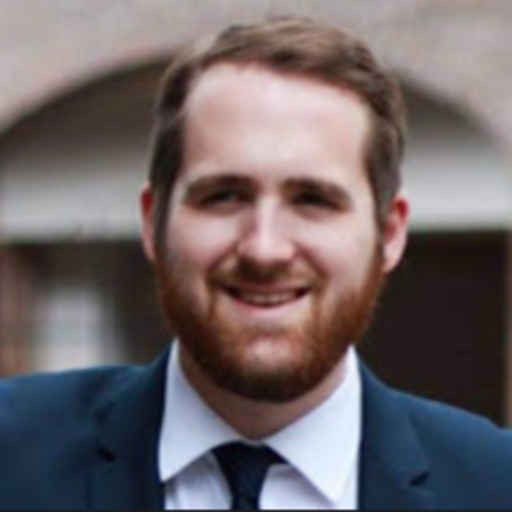
Philip grew up in Louisiana (not New Orleans) before moving to St. Louis after graduating from Louisiana State University-Shreveport. When he's not writing about movies or television, Philip can be found being chased by his three kids, telling his dogs to stop barking at the mailman, or chatting about professional wrestling to his wife. Writing gigs with school newspapers, multiple daily newspapers, and other varied job experiences led him to this point where he actually gets to write about movies, shows, wrestling, and documentaries (which is a huge win in his eyes). If the stars properly align, he will talk about For Love Of The Game being the best baseball movie of all time.

